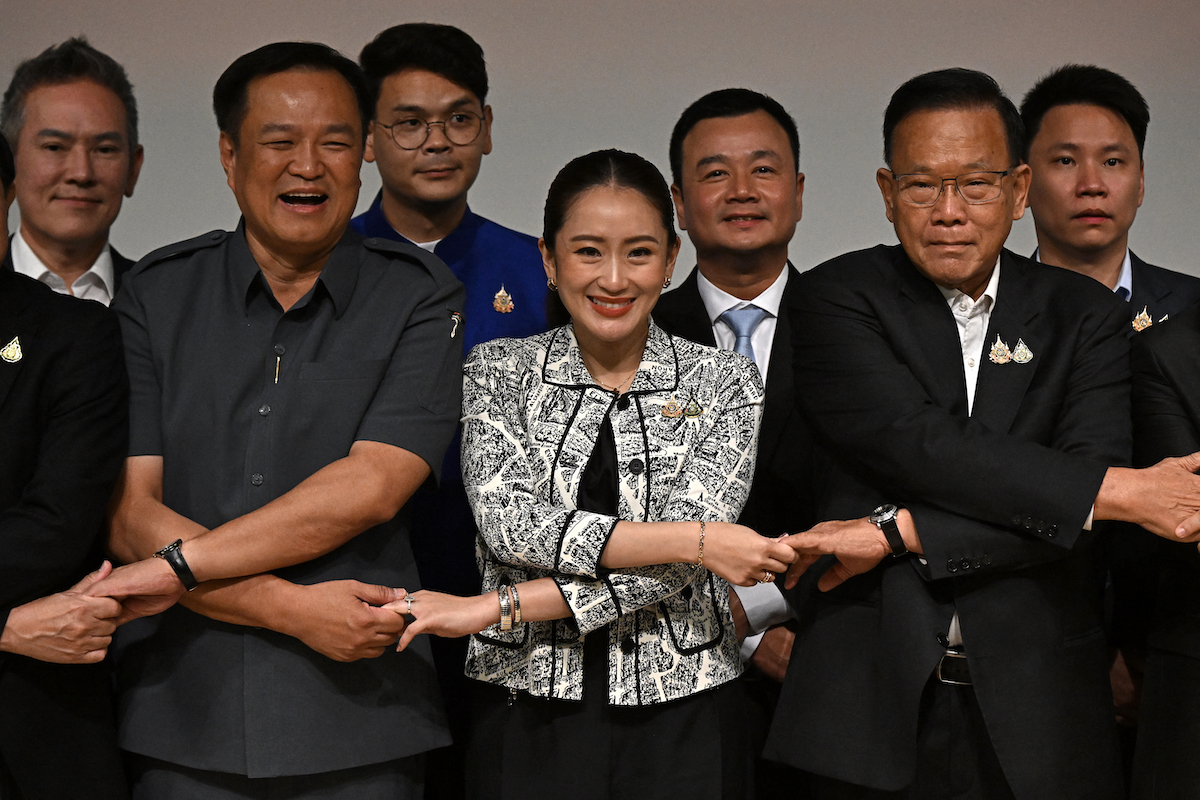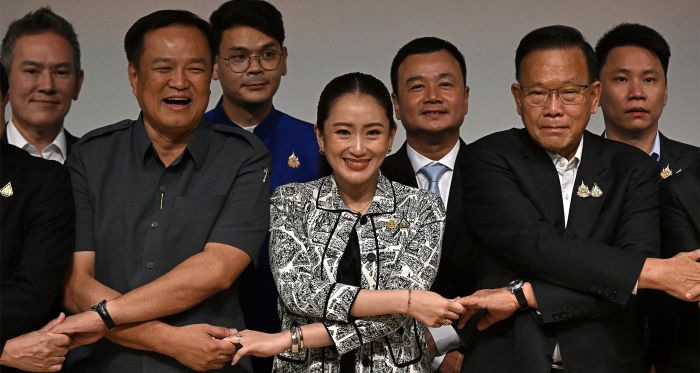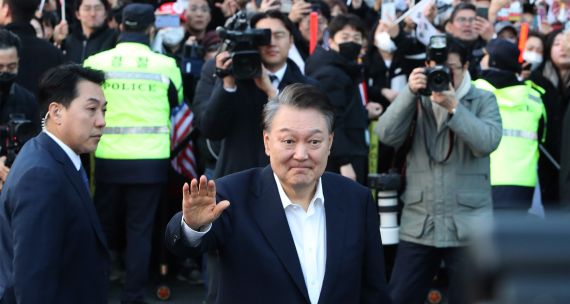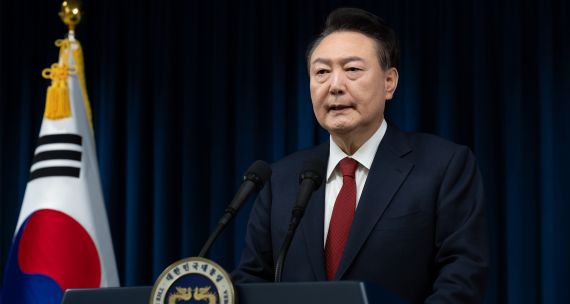The Takeaway
On August 16, the Thai parliament approved Paetongtarn Shinawatra of the Pheu Thai Party as the country’s new prime minister, two days after the Constitutional Court ordered the removal of her predecessor, Srettha Thavisin, over ethics violations. On August 7, the same court forced the dissolution of the progressive Move Forward Party (MFP), which holds a plurality of seats in parliament.
These court rulings are seen as judicial manoeuvres to help the pro-military and pro-royalist conservative elites reclaim power after their poor performance in the 2023 general election.
In Brief
- The Constitutional Court’s August 14 decision to remove Srettha was based on charges that he breached the Constitution’s ethics rules in appointing a cabinet member who had a criminal record. The court’s decision came as a surprise to the many Thais who viewed Srettha’s actions as a “bad political decision” but not one that warranted dismissal.
- Srettha’s replacement, the 37-year-old Paetongtarn, is a relative newcomer to elected office. But she has an extensive political pedigree: Her father, Thaksin Shinawatra, and aunt, Yingluck, served as prime minister – from 2001-2006 and 2011-2014, respectively. Both Thaksin and Yingluck were ousted by military coups.
- In 2023, Pheu Thai entered into a fragile and unlikely coalition with its former adversary, the conservative establishment. Their common cause was to sideline the MFP after the latter’s surprisingly strong showing in last year’s election. The military-aligned senate effectively blocked the MFP, which won the most seats in the 2023 election, from forming a government. The recent court ruling to dissolve the MFP and ban its leaders from politics for 10 years came in response to the party’s pledge to amend the lèse-majesté law. The law makes it a criminal offence, punishable by up to 15 years in prison, to criticize the royal family.
- Paetongtarn has signalled continuity in economic policy, but the political uncertainty that elevated her to prime minister could undermine investor confidence at a time when Thailand’s economy – the second-largest in Southeast Asia – is already sluggish.

Implications
The widening political fractures could give rise to more instability. Srettha’s removal is the latest episode in a long-standing power struggle between the pro-royalist, pro-military establishment, on one side, and the populist Pheu Thai Party and its previous incarnations, on the other. That struggle began roughly two decades ago under the leadership of Thaksin, who went into self-imposed exile in 2008 to avoid facing corruption charges. He returned to Thailand last year as part of a negotiated truce between Pheu Thai and the conservative establishment. That truce included an agreement that Thaksin would step back from taking an active role in politics, but his recent political activity is seen as having breached that agreement. Thaksin is awaiting his own court decision on August 19 for alleged lèse-majesté violations dating back to 2015.
Revolving-door leadership casts a pall over economic recovery. The current governing coalition includes pro-business parties, but the latest political instability may undermine the government’s ability to boost the economy. In 2021 and 2022, economic growth dropped to 1.9 per cent, despite efforts to address nagging challenges such as tepid private-sector investment – an indicator that even local businesses lack confidence in the economy. Moreover, Pheu Thai’s populist programs, such as the Digital Wallet initiative – a cash handout to citizens – could face setbacks over funding disagreements and obstacles to implementation. Even before Srettha’s court verdict, Thailand’s benchmark stock index had already fallen to 1.3 per cent.
New leadership may shift Thailand’s approach to Myanmar. The 2021 military coup in neighbouring Myanmar and the ensuing armed conflict have created a refugee crisis that has spilled across the border. Under Srettha, Bangkok focused on providing humanitarian assistance and taking a pragmatic approach to engaging with Myanmar, which was generally in line with ASEAN’s Five-Point Consensus plan. That plan is a mostly hands-off approach that many, including many people within Myanmar, feel has been ineffective.
Under Praetongtarn’s leadership, the Thai government could favour taking a more proactive role as a mediator. In fact, Thaksin, acting as a kind of freelancer, has begun engaging with members of Myanmar’s resistance movement.
What's Next
1. Move Forward moves forward
Despite efforts to neutralize the MFP’s popularity, the party acted quickly after the August 7 court decision to reconstitute itself as the People’s Party. Former party leader Pita Limjaroenrat is one of the executives now barred from politics, but 143 of the party’s members retain their seats in parliament. At its inaugural meeting, the People’s Party’s new leader, Natthaphong Ruengpanyawut, stated its goal of winning a majority of seats in the next general election in 2027. In June, a public opinion poll showed that Pita and the now-defunct MFP remain by far the country’s most popular politician and political party.
2. Democratic fragility invites international criticism
Speaking after the MFP’s dissolution, the UN High Commissioner for Human Rights, Volker Türk, voiced his concerns about Thailand’s limited political diversity and the use of the lèse-majesté law to silence opposition. Similarly, U.S. State Department spokesperson Matthew Miller criticized the Thai court’s ruling, saying it endangered Thailand’s democratic processes. Canada has yet to discuss the matter publicly, but it has been called upon to take a more proactive stance in advocating for Thai democracy.
3. Not rocking the boat
In speaking with reporters on Friday, Praetongtorn refrained from providing details about her government’s policy plans; however, economically, she is expected to push for lower interest rates and reining in the central bank’s autonomy. The new prime minister is not likely to push for democratic reforms – a commitment that has made the People’s Party a favourite among young Thais – to avoid provoking more backlash from the conservative establishment.
• Edited by Erin Williams, Senior Program Manager, and Vina Nadjibulla, Vice-President Research & Strategy, APF Canada








